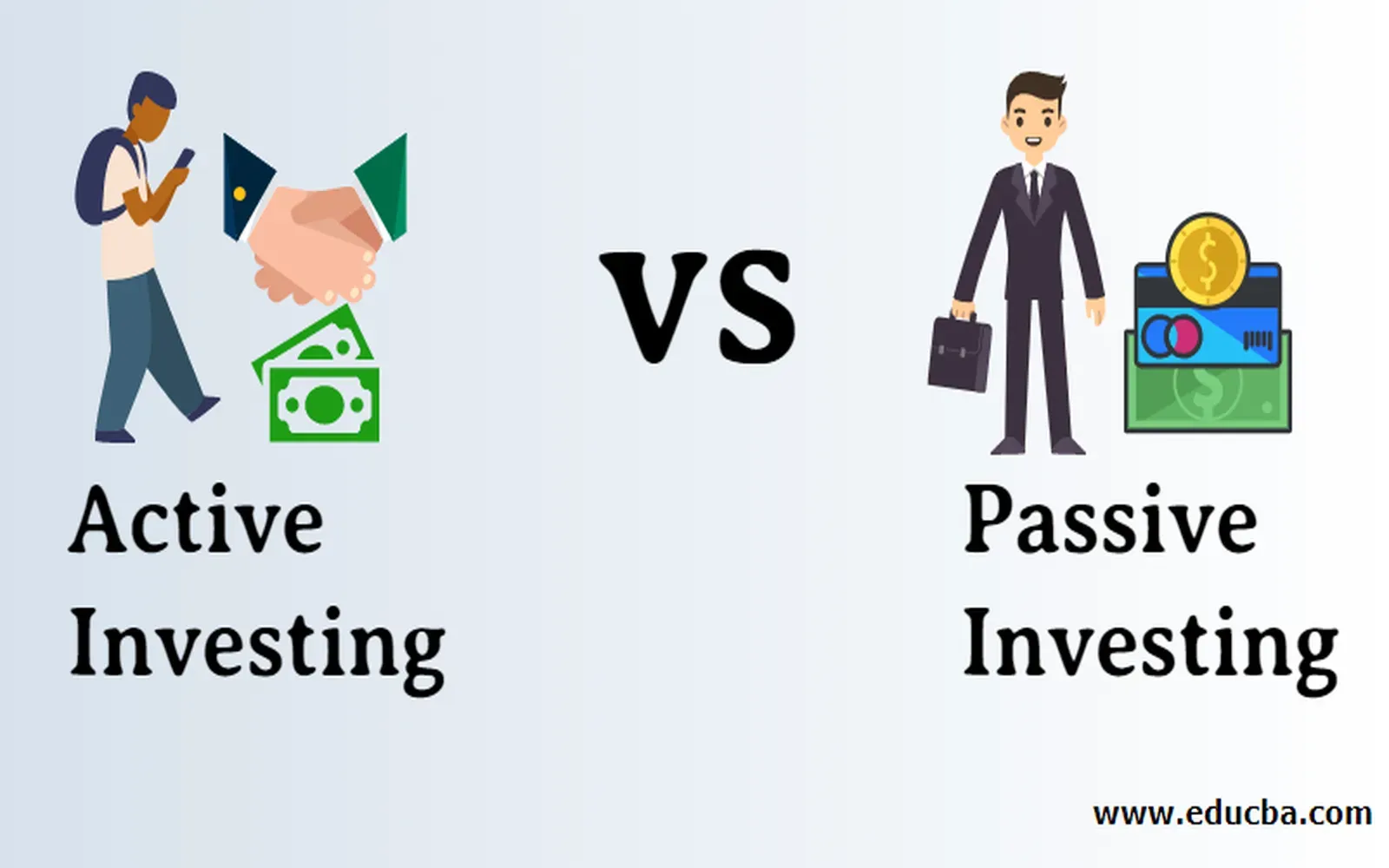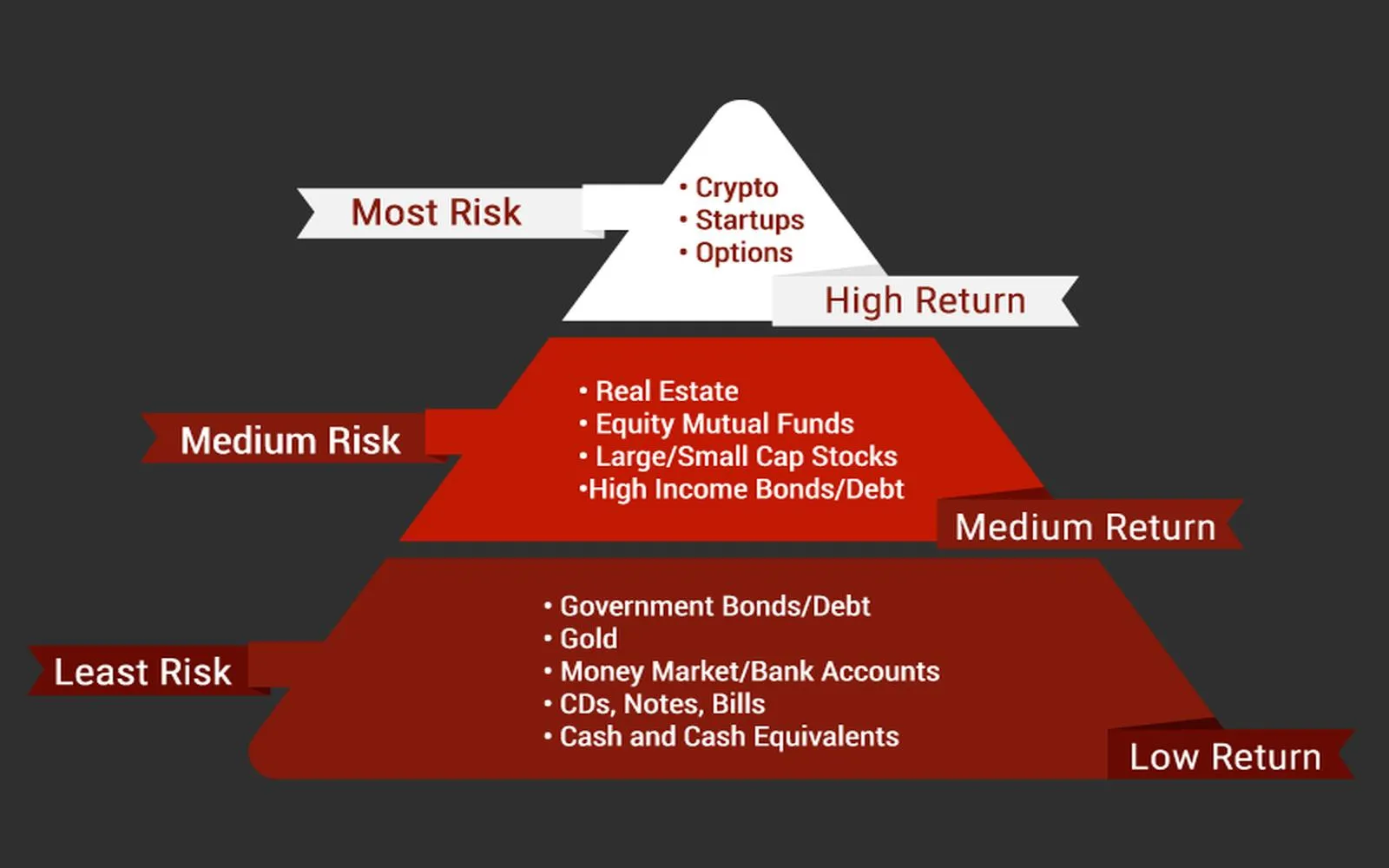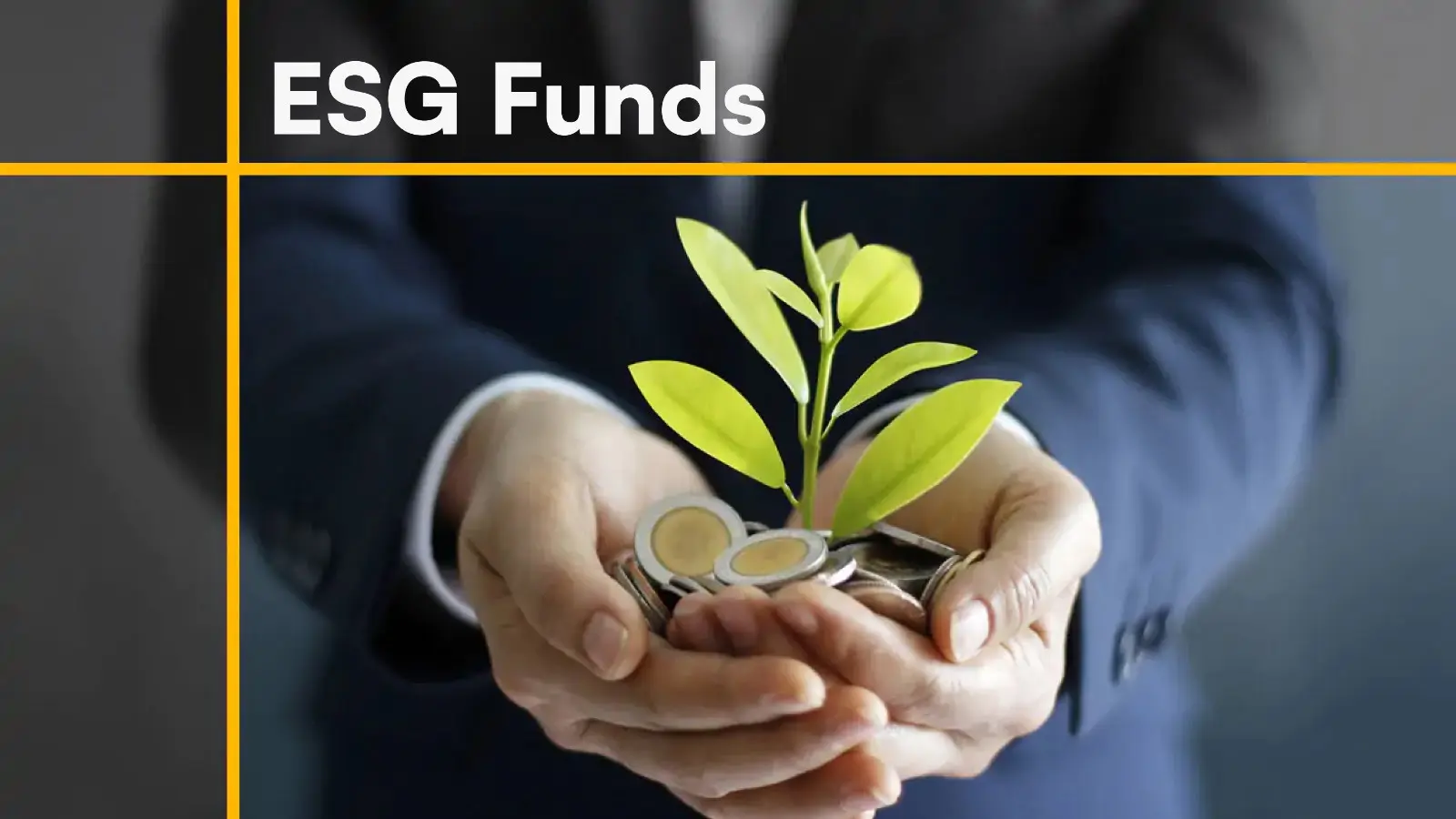Understanding Eco-Friendly Investment Strategies
In recent years, the concept of sustainable investing has gained significant traction among investors who are conscious of their financial decisions and their impact on the planet. Eco-friendly investment strategies focus on companies and projects that prioritize environmental responsibility, social equity, and ethical governance. By aligning financial goals with personal values, investors can build wealth while also contributing to a sustainable future.
The Importance of Sustainable Investing
Traditional investment strategies often prioritize short-term gains over long-term sustainability, which can lead to negative consequences for the environment and society. In contrast, eco-friendly investment strategies encourage investors to consider the broader impact of their investments. This shift in mindset is essential as it recognizes that businesses that prioritize sustainability can be more resilient and profitable in the long run. A study by the Global Sustainable Investment Alliance (GSIA) shows that sustainable investing assets have increased significantly, highlighting a growing recognition of its importance.
Key Benefits of Eco-Friendly Investment Strategies
Investing in eco-friendly funds offers numerous benefits, including:
- Positive Impact: By choosing sustainable investments, investors can support companies that are making a difference in environmental protection, social justice, and corporate governance.
- Long-Term Returns: Research indicates that companies with strong sustainability practices often outperform their peers in the long run, leading to potentially higher returns on investment.
- Risk Mitigation: Investments in sustainable companies are often less susceptible to regulatory changes and reputational risks, making them a safer choice for long-term growth.
Types of Eco-Friendly Investment Options
Investors can explore a variety of eco-friendly investment options, including:
1. Green Bonds
Green bonds are fixed-income instruments specifically designed to raise funds for projects with positive environmental impacts. These can include renewable energy, energy efficiency, and sustainable agriculture initiatives.
2. Sustainable Mutual Funds
Sustainable mutual funds pool money from multiple investors to invest in a diversified portfolio of companies that meet specific environmental, social, and governance (ESG) criteria.
3. Exchange-Traded Funds (ETFs)
Similar to mutual funds, ETFs offer a way to invest in a collection of stocks or bonds that focus on sustainability. They often provide lower fees and greater flexibility than traditional mutual funds.
4. Impact Investing
This strategy involves investing in companies, organizations, or funds with the intention of generating measurable social and environmental impacts alongside financial returns.
How to Get Started with Eco-Friendly Investing
Getting started with sustainable investing can be straightforward if you follow these steps:
1. Define Your Values
Identify what sustainability means to you. Consider which issues are most important, such as climate change, social justice, or corporate governance. This will help you choose investments that align with your values.
2. Research Investment Options
Look for funds or companies that meet your sustainability criteria. Utilize resources like the Sustainability Accounting Standards Board (SASB) and the Global Reporting Initiative (GRI) to find reliable information on companies’ ESG performance.
3. Diversify Your Portfolio
As with any investment strategy, diversification is key to managing risk. Consider a mix of different asset classes, including stocks, bonds, and real estate, all while focusing on sustainable options.
4. Monitor Your Investments
Regularly review your portfolio to ensure it aligns with your sustainability goals. Stay informed about new trends in sustainable investing to make adjustments as needed.
The Future of Sustainable Investing
As awareness of environmental issues continues to rise, the demand for eco-friendly investment strategies is expected to grow. According to a report from Morningstar, sustainable funds attracted a record $51.1 billion in net new assets in 2020, indicating a robust trend toward responsible investing. Furthermore, regulatory changes and global initiatives aimed at promoting sustainability will likely create even more opportunities for eco-conscious investors.
Conclusion
Eco-friendly investment strategies provide a unique opportunity to build wealth while contributing to a sustainable future. By understanding the benefits, exploring various investment options, and aligning investments with personal values, individuals can make a significant impact. As the world continues to embrace sustainability, those who invest responsibly will not only see potential financial returns but also play a vital role in fostering a healthier planet for future generations. Investing with purpose is not just a trend; it’s a pathway to a more sustainable and prosperous future.








